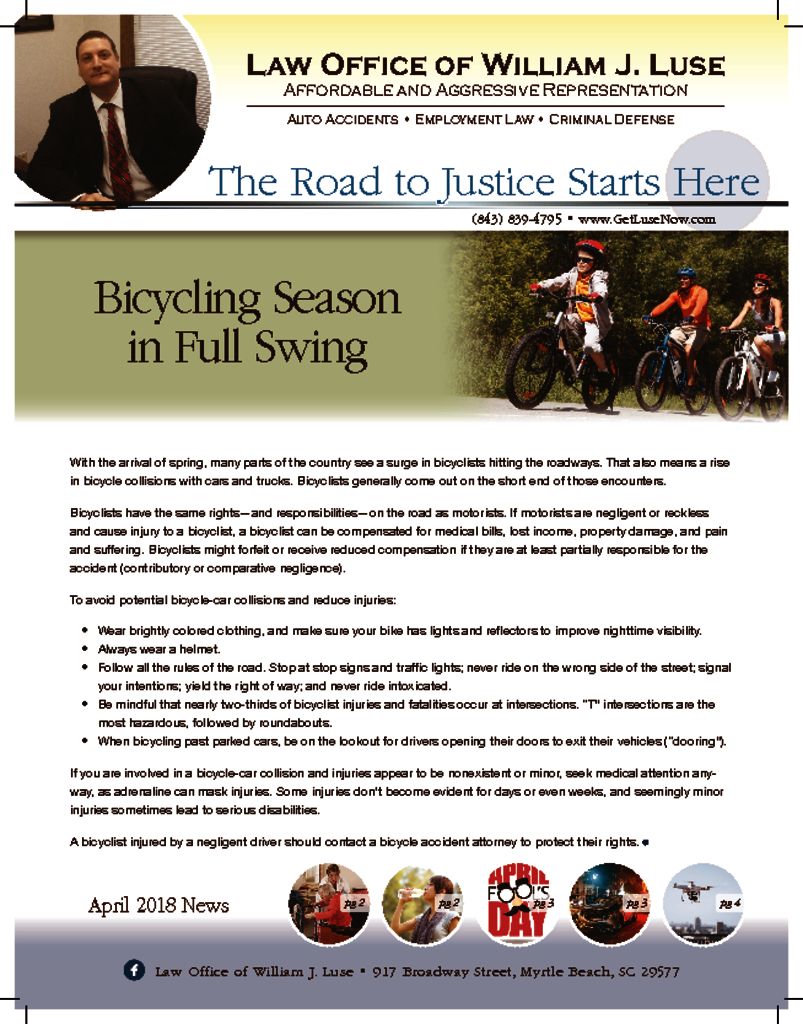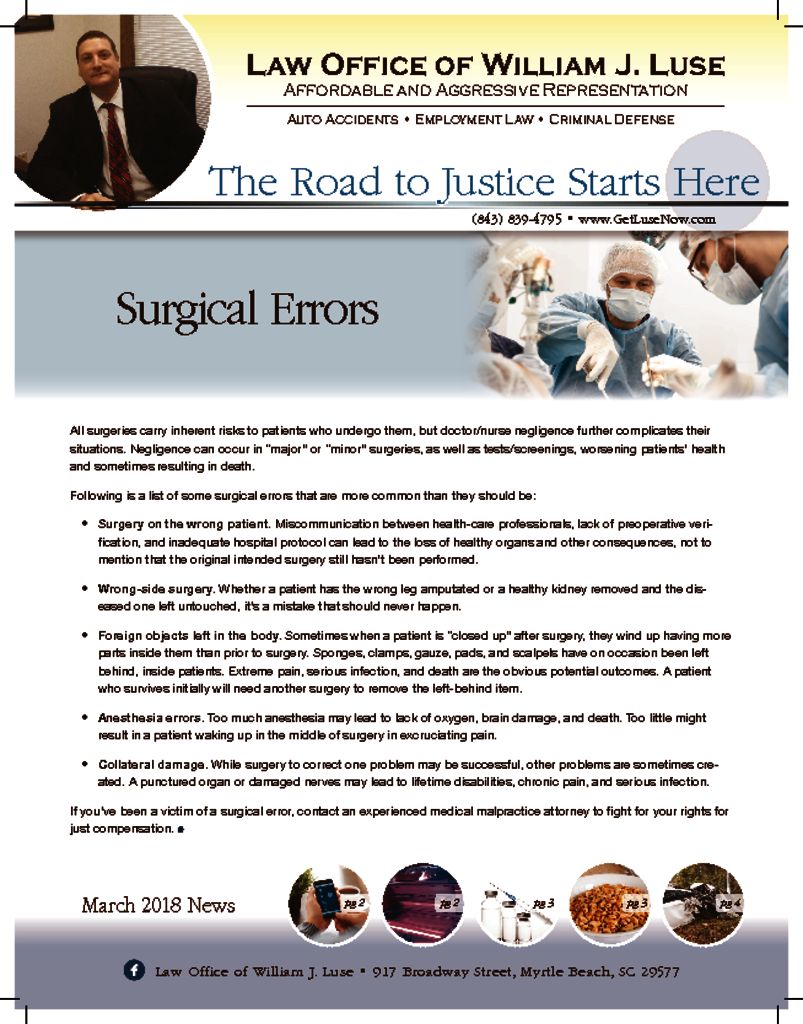When it comes to auto accident claims, there are several factors that may have a significant impact on the outcome of your case. Among those factors, police reports and expert witnesses often play a crucial role in determining liability and providing objective evidence.
The Power of Police Reports
In an auto accident case, a police report can hold a lot of weight. Police reports serve a number of purposes, including:
Providing a Detailed Account
Police reports are comprehensive accounts of the accident. They often provide vital information regarding the parties involved, the location, and the circumstances of the incident. Plus, they document important details such as the weather conditions, road conditions, and witness statements, which can have significant impact on the determination of fault.
Objectivity and Credibility
Police officers are trained professionals, and they approach the scene of an accident with an impartial and objective mindset. They are tasked with evaluating the evidence, interviewing witnesses, and making objective observations. As a result, their reports carry a lot of weight in legal proceedings, giving your claim more credibility and strengthening your position in negotiations.
Official Documentation
Having an official police report of the auto accident adds further legitimacy to your case. Insurance companies, judges, and juries often rely on these reports to gain a clear understanding of what transpired at the scene. Police reports serve as concrete evidence of the events and resulting damages and can increase your chance of a favorable outcome.
The Influence of Expert Witnesses
Along with police reports, expert witnesses can also have a vital role to play in terms of determining fault and liability in an auto accident. The benefits of an expert witness to support your claim include:
Specialized Knowledge
Expert witnesses such as medical professionals, accident reconstruction specialists, or automotive engineers possess specialist knowledge and skills that can provide an invaluable insight into your case. They can analyze the accident, assess injuries, and determine the extent of the damages accurately, helping to establish a strong claim foundation.
Enhanced Credibility
An expert witness can bring an extra layer of authority and credibility to your case. Their professional opinions are often highly respected and can sometimes be behind swaying the opinions of insurance adjusters and judges. By presenting testimony that is well-founded and based on undeniable evidence, an expert witness can improve your claim’s strength and increase the likelihood of a result in your favor.
Clarification
Auto accidents may often involve intricate details and medical terminology that can be challenging for non-experts to understand. An expert witness can simplify and clarify these complex concepts, ensuring that everybody involved clearly understands the full extent of the damages, how the accident occurred, and the impact on the victims.
The Role of Legal Representation
Police reports and expert witnesses serve as powerful tools to tip the scales in your favor when pursuing an auto accident claim. At William J. Luse, we work with expert witnesses, police, and other professionals to help you get the compensation you deserve after an auto accident. Navigating this process can be complex and overwhelming, so let us take over on your behalf. You can find us at:
917 Broadway St, Myrtle Beach, SC 29577
Call now for a free consultation on (843) 839-4795.
 A car accident can leave you feeling shaken and confused. Unfortunately, this can also mean that you speak without thinking. What you say at the scene of an accident can have a greater impact on your insurance claim or personal injury lawsuit than you might think
A car accident can leave you feeling shaken and confused. Unfortunately, this can also mean that you speak without thinking. What you say at the scene of an accident can have a greater impact on your insurance claim or personal injury lawsuit than you might think Insurance settlement offers are almost entirely based on the medical expenses you incur from accident-related injuries. Many types of injuries that occur in car collisions don’t show up immediately. For exam
Insurance settlement offers are almost entirely based on the medical expenses you incur from accident-related injuries. Many types of injuries that occur in car collisions don’t show up immediately. For exam The Virginia Tech Transportation Institute conducted driving studies to research risky driving behaviors. In one study, they found that, out of all cell phone use,
The Virginia Tech Transportation Institute conducted driving studies to research risky driving behaviors. In one study, they found that, out of all cell phone use,  When you file a personal injury claim, you need to provide evidence of your injuries. The medical care you received will be documented in your medical record. Your medical record will serve as proof of your injuries, the extent of your injuries, and the financial costs associated with your care. It’s also helpful to maintain any medical documentation, including bills, you receive in case you need to use them in your claim or lawsuit.
When you file a personal injury claim, you need to provide evidence of your injuries. The medical care you received will be documented in your medical record. Your medical record will serve as proof of your injuries, the extent of your injuries, and the financial costs associated with your care. It’s also helpful to maintain any medical documentation, including bills, you receive in case you need to use them in your claim or lawsuit.
 According to the
According to the 





